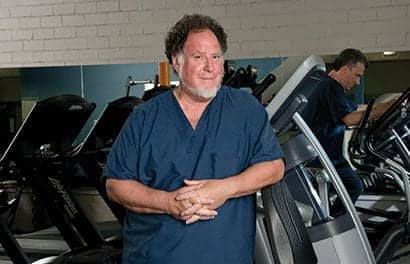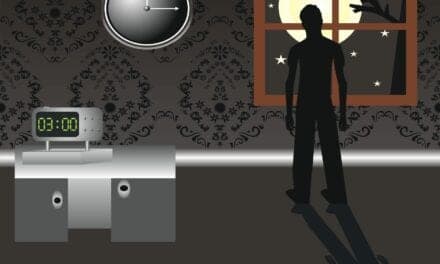A recent survey from the American Academy of Sleep Medicine (AASM) found that 69% of US adults reported losing sleep due to worries over job security, while 75% have lost sleep due to worries about a recession.
“Persistent, anxious thoughts can make it difficult to fall asleep and impact sleep quality, so it’s understandable that a substantial number of Americans are losing sleep during this period of economic instability, inflation, and job market insecurity,” says Susheel Patil, PhD, sleep medicine physician and spokesperson for the AASM, in a release.
Prolonged sleep disturbances can lead to decreased productivity, impaired decision-making, and an increased risk of mental and physical health issues. For many people, anxiety worsens at night when they should be winding down. To combat negative impacts of stress, the AASM recommends the following tips to get a better night of sleep.
- Keep a regular sleep schedule. Try to get at least seven hours of sleep by going to bed and getting up at the same time every day, including weekends and holidays.
- Create a peaceful sanctuary. Keep outside noise and distractions to a minimum by making your bedroom quiet, dark, and a little bit cool—and only use the bed for sleeping, not watching TV or reading.
- Follow a relaxing nightly routine. With all the unrest in the world, it’s essential to schedule at least 30 minutes to unwind before bed. Consider developing a relaxing nightly routine, which may include reading, meditating, or taking a warm bath or shower.
- Reduce time with social media or the news. Minimize your exposure to stress-inducing news and social media chatter near bedtime to avoid dwelling on new stressors before sleep.
- Try journaling before bed. Writing down what’s on your mind can be a great way to bring you calmness and a sense of control. Release worries and stress from the day on paper, so you’re not holding on to unwanted thoughts when you get into bed.
“Good sleep habits can help break the pattern of sleepless nights and stressful days, but those experiencing persistent sleeplessness should seek help from a sleep medicine team at an AASM-accredited sleep center,” says Patil in a release.
Photo 96410442 © Amenic181 | Dreamstime.com




